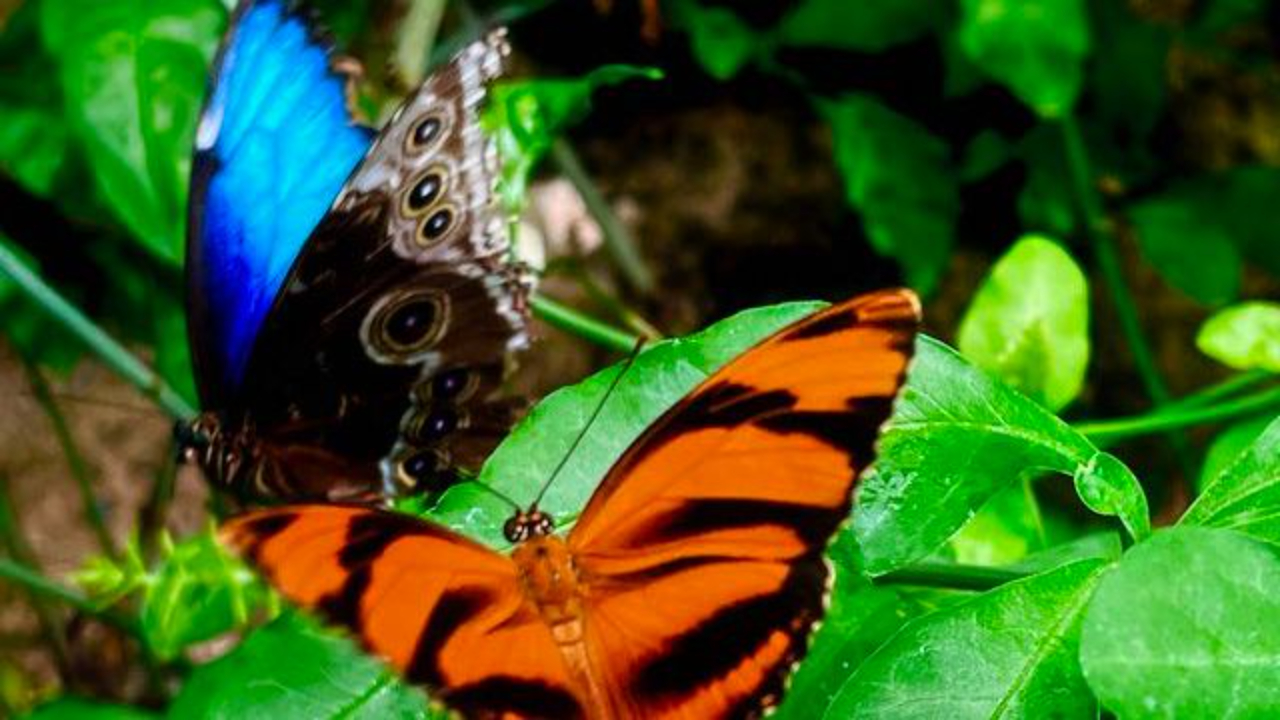
This is another post in the series focusing on the state of Consciousness known as "Flow."
Optimal experience is what we all want. Possessions are only skin deep. But without them, getting into Flow would be difficult. More on that later. However, it's the experience we enjoy that defines our life. Is the experience 'simple pleasure,' or are we deferring gratification for true enjoyment where we grow in response to challenges? When we are in Flow, our experience is optimized.
Some activities are easily conducive to flow based on their makeup. They have well-defined rules that require learning particular skills. They have built-in goals. They provide feedback. Consequently, control is inherently possible for their participants. Concentration and involvement make these activities distinct from everyday existence. Can you think of what I am thinking? Any sport or artistic endeavor qualifies. For this discussion, we refer to these activities as 'games.'
Roger Caillois, the French psychological anthropologist, has created a classification framework used to parse out games. He has produced four broad classes categorized based on the experiences they provide.
Agon are competitive games. Alea are games of chance. Ilinx are games where Consciousness is altered. Mimicry are games where alternate realities are created.
Competition is infectious. When others force us to do our best, our self-actualization is simplified. Intrinsically, when our Consciousness is directed toward simply doing our best, we compete with ourselves. Once extrinsic goals like fame or fortune become the main driver, competition becomes a distraction. If you have ever played a competitive sport, you know the feeling of great concentration and no conscious sense of self.
Games of chance give the illusion of controlling the future. Since ancient times cultures have used divination to predict the will of the gods. Plains Indians shuffled buffalo bones to predict where to hunt. The Ashanti of West Africa relied on animal sacrifice. Today individuals try to outguess fate in Las Vegas. Flow, in this case, can create trouble for many. But it is Flow nonetheless when we can't step away from the Blackjack table.
Ilinix games are also known as Vertigo games. Imagine as a child spinning and spinning until she falls. These are our early experiments with altering our Consciousness. The Whirling Dervishes of Turkey take this game to a profoundly spiritual level. When they spin, their goal is meditative. They must empty their minds of all thought and distraction to get closer to god. They are spinning to get into a flow state. We also use narcotics and alcohol to get into altered states of Consciousness, not to empty our minds, but often to forget our pain. Flow is addictive.
Mimicry games are where we are imitating and elevating. Any of the arts qualify. In all artistic endeavors, we are interpreting and mimicking something based on our experience and a template. That template might be a script or a creative technique or an image in our mind of a hummingbird.
For all of these games, states of Flow are relatively easy to come by. The trick is to get into a state of Flow doing the things we generally don't like to do. This we will discover in a future post. For today let's try to understand Flow relative to the game of tennis.
When we first start playing tennis, we might simply hit a ball against a wall. Our abilities are just good enough to facilitate growth and the desire to be better. However, we soon grow bored. We need a more significant challenge. So we play a match against an opponent who is better than we are; way better. We become embarrassed and anxious because we are relatively less skilled than our partner. In both cases of anxiety and boredom, we run the risk of abandoning our endeavor. Understanding this is a key to being able to stay in Flow and to grow. Flow and grow!
In this post-Thanksgiving glow, the story of the Pilgrims is instructive on how to flow and grow. OK. Sorry. Now I'm just being silly.
The Pilgrims experimented with a societal order known as the commons. Everyone had the same plot of land for their livestock to graze. With this model, there was no incentive to conserve. The land went fallow for a season or two to regain its organic energy. The model failed. Only when they tried private property ownership did they succeed. If the ranchers put up a few fences and divide the land, each rancher has an incentive to limit grazing. That saves the grass and the cattle.
Sharing things and "public" property sounds nice, but only private ownership reliably inspires people to conserve and protect. No one washes a rental car.
Be well, dear reader.




